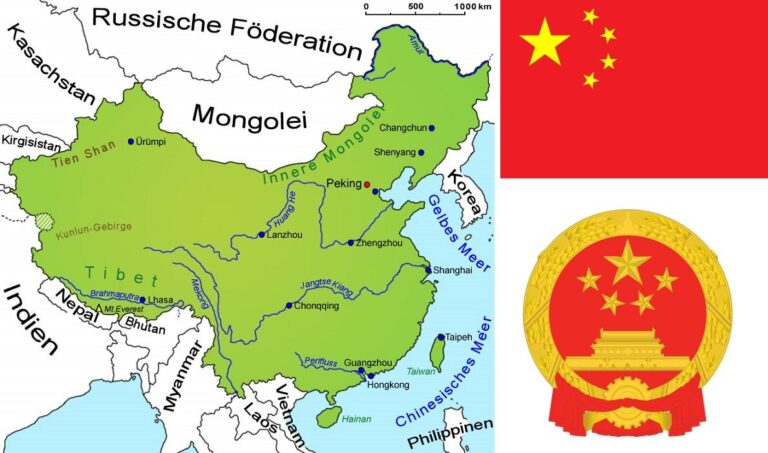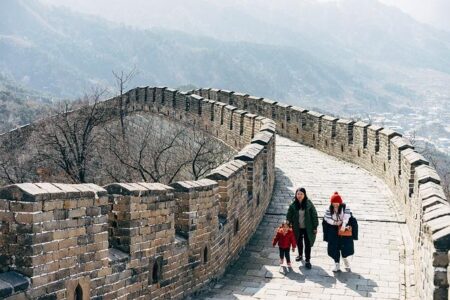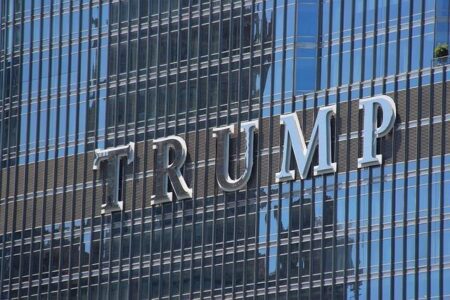In a move drawing significant international attention, China recently hosted North Korean leader Kim Jong Un in a grand reception that underscores a pivotal moment in regional geopolitics. The elaborate welcome, marked by high-profile ceremonies and extensive engagement, raises critical questions about Beijing’s strategic intentions amid shifting dynamics on the Korean Peninsula. As analysts debate whether this visit signals a strategic reset in China-North Korea relations or serves as a calibrated warning to external actors, the implications reverberate across East Asia and beyond. This article examines the key facets of the visit and explores what China’s overt display of support might mean for the future balance of power in the region.
China Welcomes Kim Jong Un with Unprecedented Ceremony Signaling Diplomatic Recalibration
In a striking departure from past diplomatic protocols, Beijing rolled out the red carpet for Kim Jong Un, marking one of the most elaborate receptions ever witnessed between China and North Korea. This ceremony featured not only a full military honor guard but also unprecedented public displays of camaraderie, including joint cultural events and high-profile banquets. Analysts view these gestures as more than ceremonial; they appear to represent a deliberate pivot in China’s approach to Northeast Asian geopolitics amid intensifying US-North Korea tensions.
Behind the pageantry lies a complex matrix of strategic calculations, with China signaling both reassurance and caution. The reception serves as a multifaceted communication tool:
- Diplomatic Reset: Reaffirming Beijing’s influence over Pyongyang and stabilizing the region.
- Warning Signal: Implicit messages to Washington regarding China’s red lines in regional security.
- Economic Engagement: Potentially paving the way for increased trade and infrastructure projects.
- Alliance Reinforcement: Strengthening ideological and military ties amidst global strategic shifts.
| Aspect | Implications | Potential Outcomes |
|---|---|---|
| Military Honors | Signal of respect and alliance solidarity | Enhanced defense cooperation |
| Cultural Exchanges | Boost in bilateral goodwill | Support for long-term partnership |
| Economic Talks | Prospects for infrastructure investment | Regional economic integration |
Analyzing the Implications for Regional Stability and US-China-North Korea Relations
China’s elaborate welcome for Kim Jong Un signals a nuanced recalibration in the delicate balance of Northeast Asian geopolitics. Beyond mere ceremony, this reception underscores Beijing’s intent to reaffirm its pivotal role as the chief architect of regional stability and a critical mediator between Pyongyang and Washington. Analysts suggest that Beijing aims to leverage its unique leverage over North Korea to contain the risks of unpredictable provocations, while simultaneously advocating for dialogue that preserves its strategic interests. This development also serves as a tangible reminder to the United States that any efforts to isolate or marginalize China in the Korean Peninsula’s security equation could inadvertently undermine broader peace prospects.
The tripartite dynamics between the US, China, and North Korea now face fresh complexities. The reception acts as both a diplomatic olive branch and a subtle caution to Washington, implying China’s readiness to assert greater influence if multilateral talks stall or if tensions escalate. This evolving scenario may prompt Washington to reconsider its current strategies, weighing the benefits of engaging more substantively with Beijing against the risks of emboldening Pyongyang. Key factors shaping the path forward include:
- China’s commitment to stability: Continuation or shifting priorities?
- US strategic posture: Balancing pressure with diplomacy.
- North Korea’s calculations: Testing alliances and signaling resolve.
| Stakeholder | Interest | Potential Outcome | |
|---|---|---|---|
| China | Regional influence, security buffer | Strengthened mediator role | |
| Stakeholder |
Interest |
Potential Outcome |
|
| China | Regional influence, security buffer | Strengthened mediator role | |
| US | Containment of North Korea, alliance reassurance | Reassessment of engagement strategies | |
| North Korea | Security guarantees, regime survival | Leveraging China-US rivalry for concessions |
Let me know if you want me to help with anything else like summarizing this section or transforming it into another format!
Strategic Recommendations for Stakeholders Navigating the Evolving Northeast Asian Landscape
Stakeholders must adopt a nuanced approach as the geopolitical terrain of Northeast Asia shifts amidst China’s unprecedented hospitality toward Kim Jong Un. Diplomatic agility becomes paramount, with policymakers urged to deepen engagement channels while closely monitoring Beijing’s messaging and strategic signaling. Balancing between deterrence and dialogue, regional actors should prioritize building multilateral frameworks that accommodate both traditional security concerns and emerging economic interdependencies.
Key strategies for navigating this complex landscape include:
- Enhanced Intelligence Sharing: Strengthening networks among U.S., South Korean, and Japanese intelligence to better anticipate shifts in North Korean policy and Chinese influence.
- Economic Levers: Leveraging trade policies and sanctions with precision to incentivize compliance while avoiding unnecessary escalations.
- Flexible Military Posture: Maintaining readiness without provoking unnecessary tensions, including joint exercises calibrated to signal resolve yet openness to dialogue.
- Public Diplomacy Initiatives: Engaging domestic publics to build support for complex, long-term diplomatic efforts.
| Stakeholder | Primary Objective | Recommended Action |
|---|---|---|
| South Korea | Peace and Stability | Pursue inter-Korean dialogue; enhance defense readiness |
| United States | Denuclearization | Maintain strategic patience; coordinate with allies |
| China | Regional Influence | Balance support with leveraging control over Pyongyang |
| Japan | Security Assurance | Strengthen missile defense; engage in trilateral talks |
Wrapping Up
As China’s lavish reception for Kim Jong Un concludes, analysts and observers are left weighing the implications of this high-profile encounter. Whether it signals a strategic reset in China-North Korea relations or serves as a calibrated warning amid shifting regional dynamics remains to be seen. What is clear is that Beijing’s gesture marks a pivotal moment in East Asian geopolitics, underscoring China’s enduring influence over Pyongyang and its broader calculus in managing tensions on the Korean Peninsula. Future developments will reveal whether this meeting ushers in a new chapter of cooperation or a nuanced display of power in an increasingly complex security landscape.




